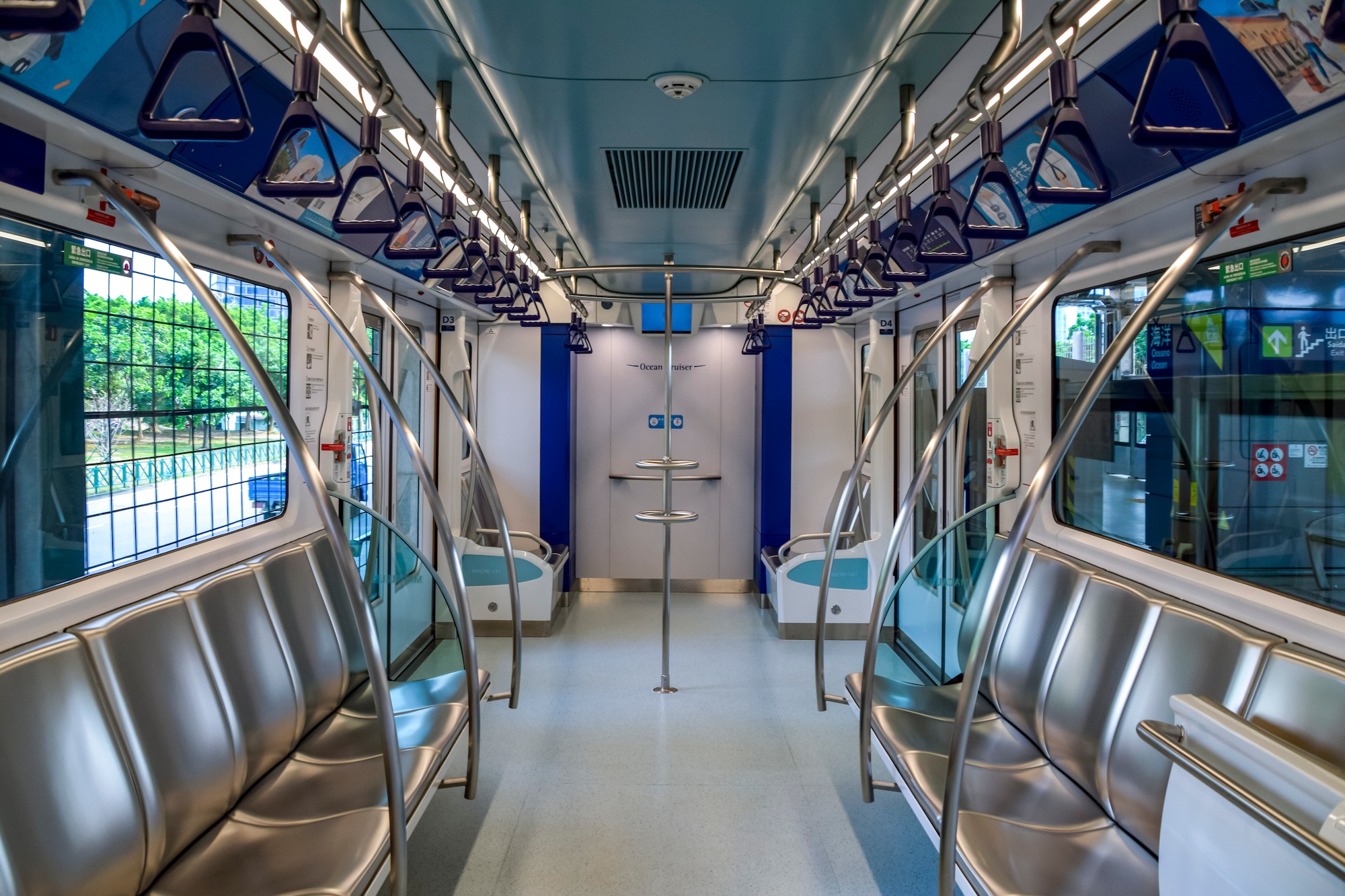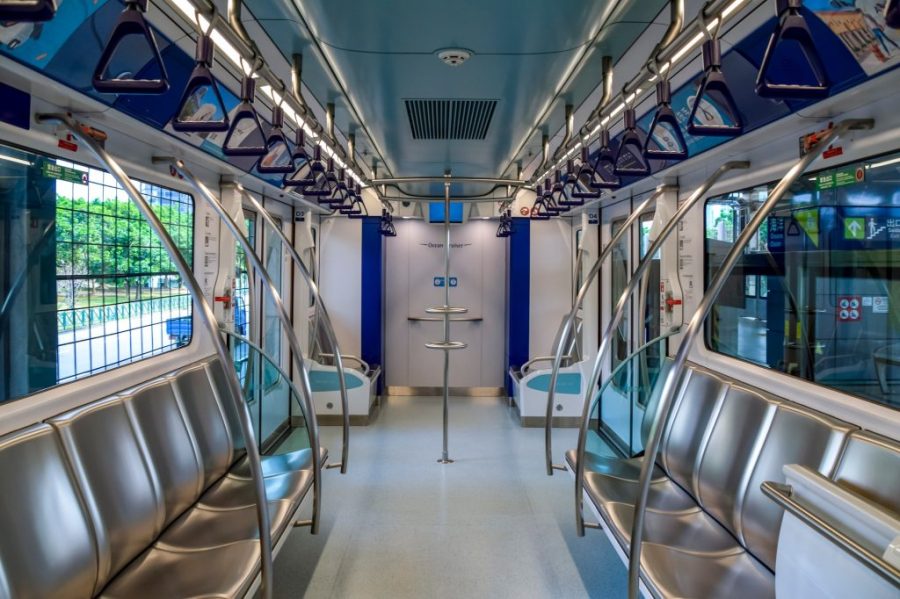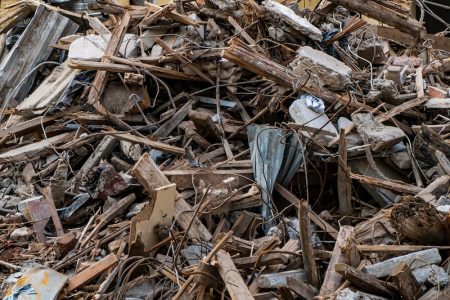The average number of passengers who rode Macao’s Light Rail Transit (LRT) Taipa Line in October totalled 6,800 people per day, according to official data.
Compared to the previous month, this average marks a marginal increase of 300 people. However, it is well below the 9,150 daily passengers reported in August, the highest average so far this year.
On average, the number of daily passengers riding the LRT in the first ten months of this year was 6,065.
The lack of passengers has been a major issue facing the LRT. During the pandemic, the service was hit particularly hard, with an average ridership of only 1,989 and 1,850 people in 2021 and 2022 respectively.
[See more: Construction of the northern section of the LRT’s East Line has begun]
However the figures are seeing a steady rise following the lifting of Covid pandemic restrictions.
When the LRT first began service in December 2019, it offered free rides, which resulted in a record average of 33,000 passengers per day. However, with the Covid outbreak the following month, the number began to decline.
The system has also been beset by its lack of profitability (reporting a loss of 55.91 million patacas in 2021) and electrical cabling issues, which resulted in the suspension of services for 180 days in 2021.
Currently, the LRT is undergoing an expansion, with several new lines under construction, including a Barra and Taipa line that is expected to open soon. As well, an East Line that will connect the Border Gate and the Taipa Ferry Terminal is expected to be operational by 2028.






